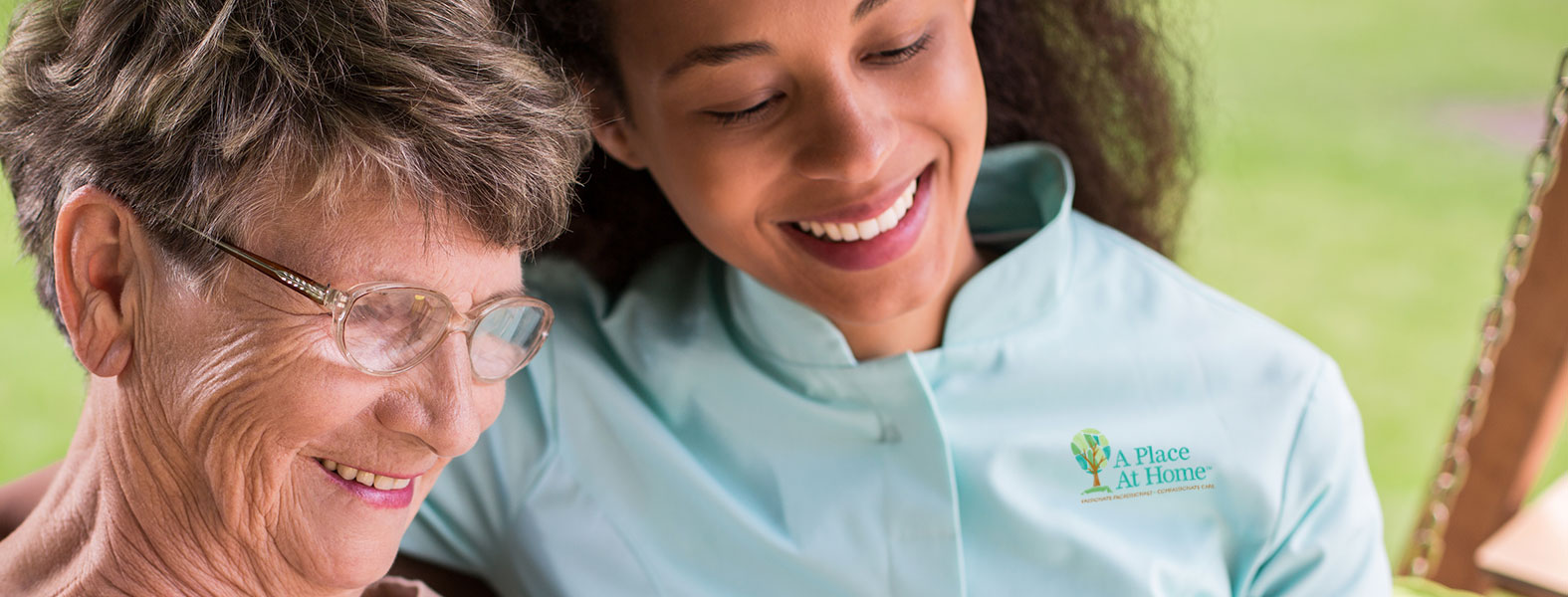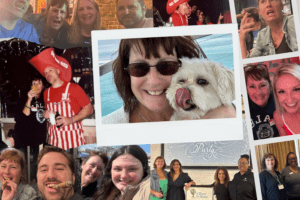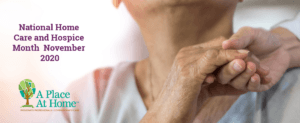
For those interested in becoming caregivers for A Place at Home, the first step is to get a CNA license. This not only provides certification, but lets that caregiver apply for jobs in many healthcare settings. CNAs can work in nursing homes, assisted living facilities, hospitals, doctors offices, or privately for a client.
A license requires CNAs to complete at least 75 hours of state-approved training. In most classes, clinicals give hands-on experience for the student.
Some companies allow caregivers to provide care without having a CNA license. On-the-job training helps the employee get experience while still learning. For state licensed companies, however, a CNA license is required.
Getting a Medication Aide license goes a step further in addition to the CNA. This lets caregivers pass medications in-home or in community settings. A 20-hour Med Aide certification allows you to pass medications in a home setting. A 40-hour license enables you to pass medications in a facility. Medical professionals highly recommend the 40-hour certification. It will allow the caregiver more options for jobs and hours.
If your CNA or CMA license has lapsed or is inactive, take a refresher course that will let you reactivate your license. A CNA license can also be a stepping-stone to a nursing career. Hands-on experience as a CNA is vital to becoming a nurse. Whether aiming for an LPN or an RN, having CNA experience is vital to the learning process.
Classes for both CNA and CMA certification are offered in the classroom or online. Prices vary based on the school and course offerings and inclusions. Make sure to double check your state requirements to assure you’re taking a state-certified class. Search for classes at community colleges, health colleges, or check with your State Department of Health.





